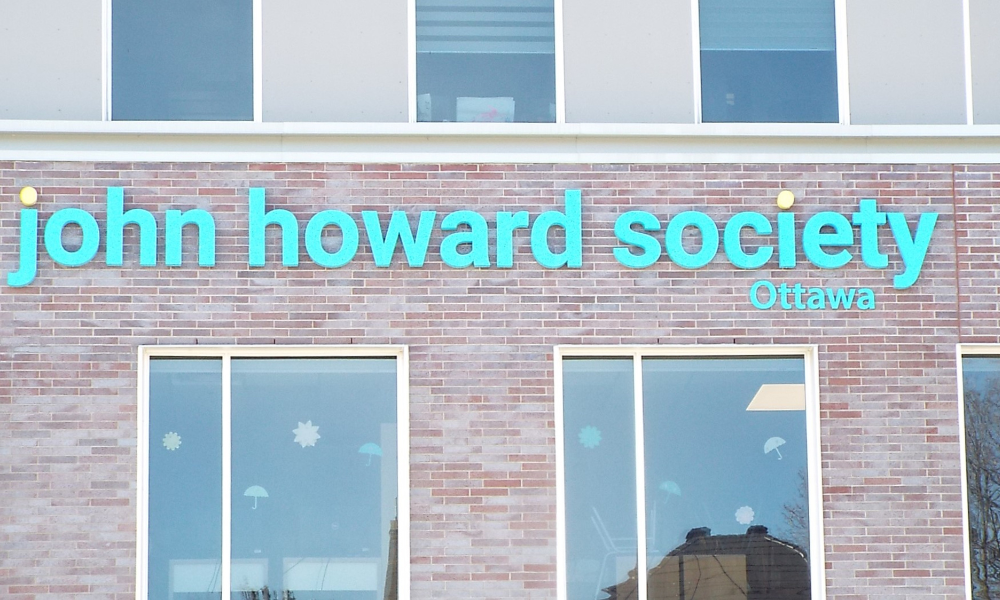The John Howard Society of Ontario (JHSO), Odette School of Business, Saint Mary’s University, and St. Francis Xavier University together announced a new research project striving for fair and inclusive access to employment for candidates with criminal records.
The research initiative will involve in-depth research with Canadian employers, targeted education on fair chance hiring for those with criminal records generally and Black and Indigenous persons specifically, and practical tools to promote inclusive workforce practices in different industries, according to the joint news release.
“Through this research, we aim to gain valuable insights from employers in key industries, particularly those at the forefront of both embracing and grappling with inclusive hiring,” said Kemi Anazodo, assistant professor at the University of Windsor’s Odette School of Business, in the news release.
“These insights will deepen our understanding and inform strategies that are tailored to specific contexts and grounded in the realities that employers and job seekers face,” Anazodo added.
Per the joint news release, the public will be able to access the research project’s findings via an online platform and symposia.
Funding from the Future Skills Centre’s skills horizons grant stream – through the federal government’s future skills program – helped support the research project.
“Advancing fair chance hiring is essential to building a resilient labour supply and an inclusive economy for all Canadians,” said Noel Baldwin, executive director of the Future Skills Centre based in Toronto, in the news release.
“This initiative represents an important step toward strengthening Canada’s workforce and economy by ensuring that all individuals—including those with criminal records—can contribute meaningfully to our shared prosperity,” Baldwin added.
Project goals
According to the joint news release, the research initiative seeks to:
- help Canada strengthen its economy
- fortify the Canadian workforce
- tackle the country’s labour obstacles
- address employment barriers in the following industries: healthcare, finance, construction trades, manufacturing, customer service, and food services
- assist Canada’s employers in forming strong and equitable teams
The joint news release noted that, among the almost four million Canadians with criminal records, many have skills and experience potentially valuable to the country’s employers.
“In the face of a rapidly changing labour market, it’s more important than ever to recognize and draw from the talent that already exists in Canada,” said Christin Cullen, the JHSO’s chief executive officer, in the joint news release.
“This project is about ensuring that no one is left on the sidelines—especially individuals who are ready and qualified to work but face unfair and systemic discrimination because of their past,” Cullen added.
Established over 90 years ago, the JHSO is a not-for-profit organization with 19 local offices and more than 80 evidence-based programs and services focusing on prevention, intervention, and reintegration across Ontario.
The JHSO aims to maintain humanity in justice, make the province safer, and support the individuals and communities impacted by the criminal justice system.
Saint Mary’s University is based in Halifax and St. Francis Xavier University in Antigonish, both in Nova Scotia.





